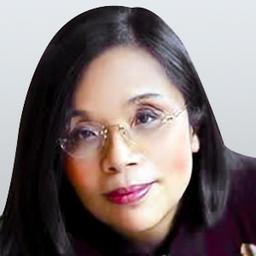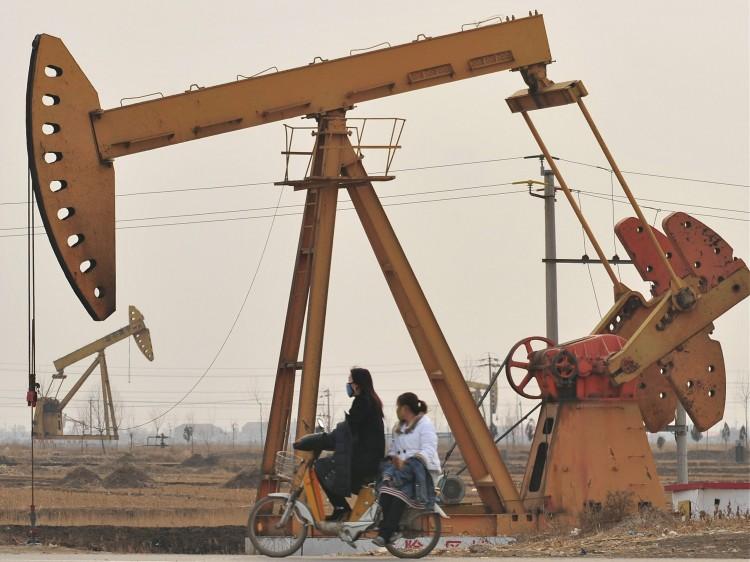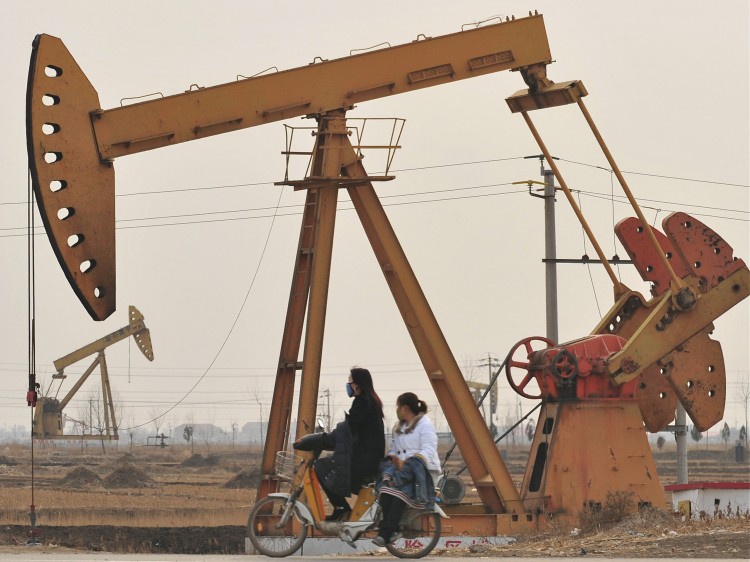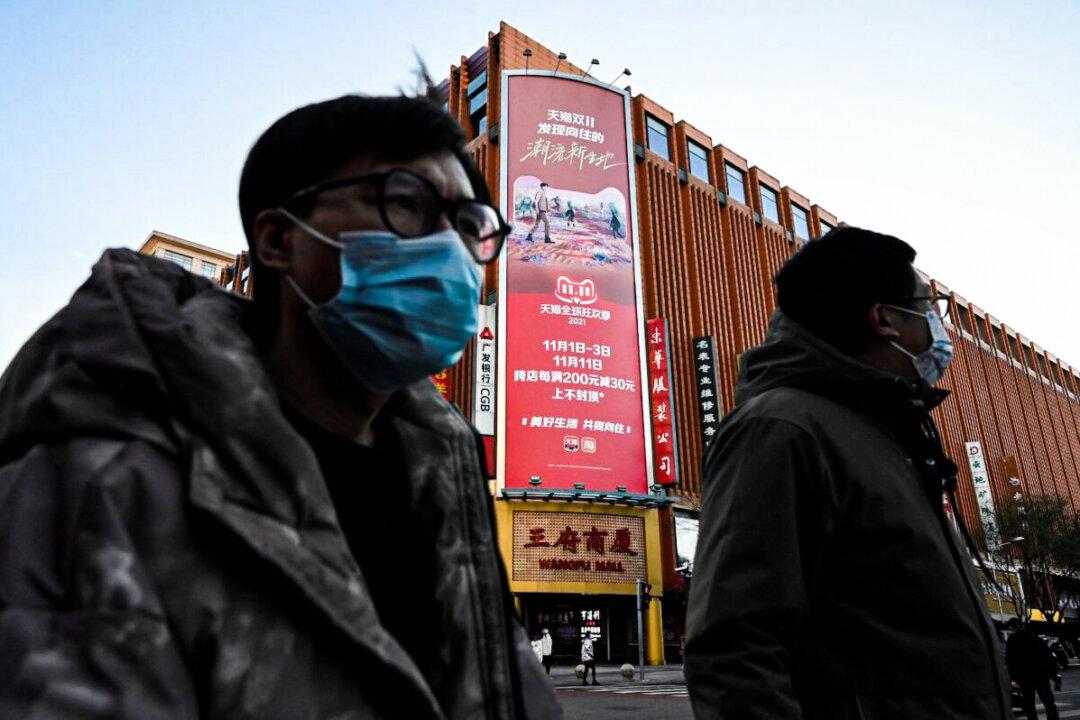The United States presidential and general elections and the Chinese Communist Party’s (CCP) 18th Party Congress, which commences its once-in-a-decade process of installing new leadership, were held almost simultaneously this year.
The Chinese regime’s propaganda has been saying that the U.S. capitalist system is money-driven politics that favors the big bourgeoisie and the rich, whereas China is a socialist country whose politics favor the overwhelming majority of the people. The composition of the CCP’s 18th Congress tells a different story, one involving an alliance of power and money.
Political Elites and the Rich
The state-run Xinhua News Agency recently published an article by China Economic Weekly titled “Red Entrepreneurs.” The article reported that, according to incomplete statistics, 145 out of the 2,270 Party delegates are CEOs of state-owned enterprises, banks, and financial institutions, and of private enterprises from provinces and municipalities.
Bloomberg News published an article in February, titled, “China’s Billionaire People’s Congress Makes Capitol Hill Look Like Pauper,” saying, “The net worth of the 70 richest delegates in China’s National People’s Congress, which opens its annual session on March 5, rose to 565.8 billion yuan (US$89.8 billion) in 2011, a gain of US$11.5 billion from 2010, according to figures from the ”Hurun Report,“ which tracks the country’s wealthy. That compares to the US$7.5 billion net worth of all 660 top officials in the three branches of the U.S. government.”
The 18th Party Congress is hosting political and military elites, along with rich businessmen.
Marketization of Power
Through messages circulating on Weibo, China’s twitter-like platform, the Chinese people came to realize a cruel reality about the elections in the two countries: the United States is more like the socialism that China claims to be, while China features crony capitalism.
In the United States, rich peoples’ wealth is mainly attributed to personal capabilities. Bill Gates is a successful player in the computer industry. Internationally renowned investor George Soros is a Hungarian immigrant. Michael Bloomberg, the New York City mayor who accepts a symbolic salary of one dollar per year, had already built a media empire before he assumed the office of mayor. Their stories demonstrate the advantages of the U.S. social system.
In China, however, wealth is closely tied to power behind the scenes, and political power has been a magic wand that creates wealthy tycoons.







